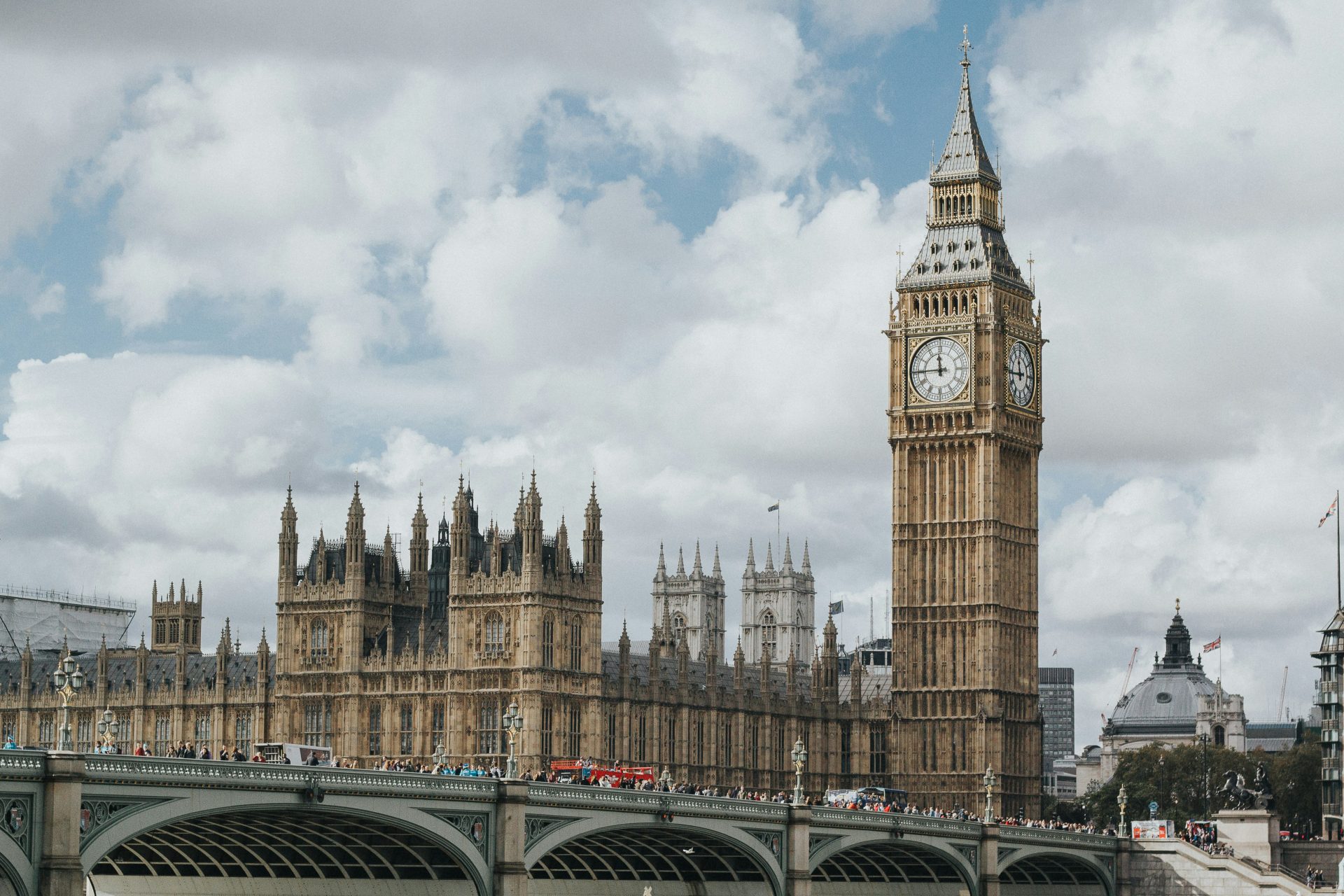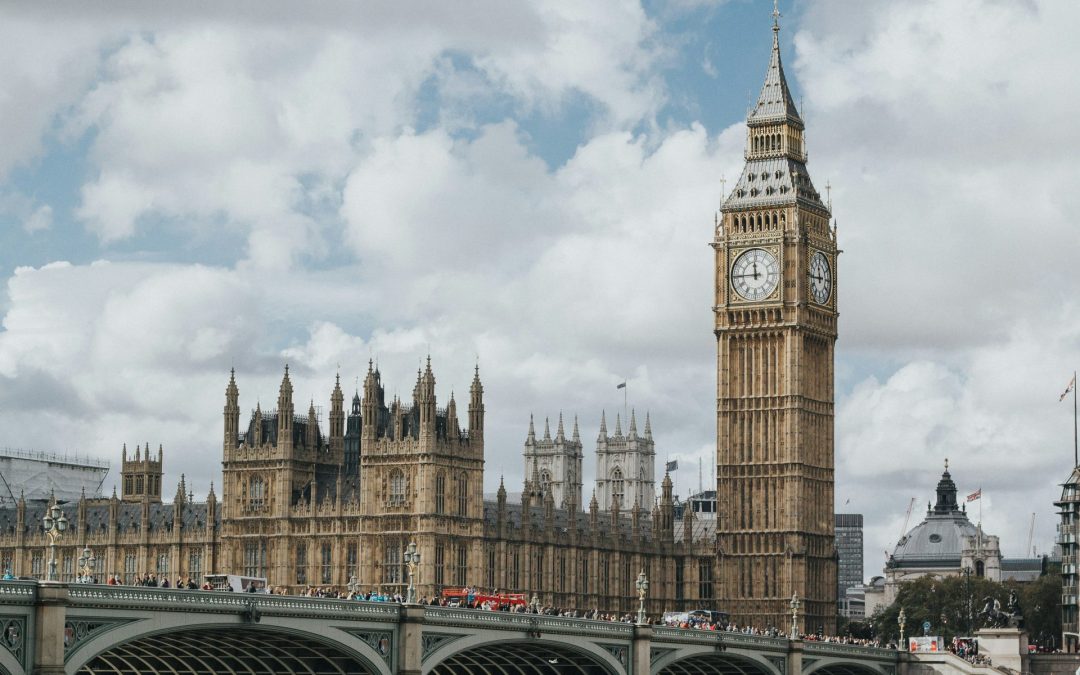The Foreign Influence Registration Scheme (FIRS) is a global precedent set forth by the UK as one of the first all-encompassing transparency laws seen in Europe. Since its official introduction on July 1st 2025, the scheme has now fully come into force following the conclusion of its grace period on October 1st. The crux of the scheme is that those acting on behalf of foreign powers must now register their activities; otherwise, they will face prosecution under the National Security Act of 2023. The two tiers of the FIRS are defined on GOV.UK as the ‘political influence’ tier, where activities carried out by any foreign power to influence political decisions, referendums, and elections must be registered. The second ‘enhanced’ tier then concentrates on stronger disclosure arrangements regarding activities, including lobbying, PR, or consultation on behalf of foreign powers that pose a greater risk to the UK’s national security. Currently, the only countries listed under the ‘enhanced’ tier are Russia and Iran.
Earlier this year, there was contention over whether China should be classed as an ‘enhanced’ risk – over the past two decades, there have been reminders of the influence that Beijing holds in UK politics. For example, in early 2022, MI5 put forward an alert that UK-based lawyer Christine Ching Kui Lee had established a network of links between the CCP and current and aspiring MPs, and only a couple of years earlier, the UK government announced its plans to remove Chinese-owned phone manufacturer Huawei from the country’s 5G networks. This was over concerns of national security and espionage. Efforts to put China into the enhanced tier of the scheme are not unfounded, but it is more a question of whether, from the perspective of the government, it is worth it to impact further an already rocky relationship with an international superpower in the interests of national security. China has already threatened to retaliate if Labour were to classify them, or certain parts of their security infrastructure, as an ‘enhanced’ risk.
When combining goods and services, China is the UK’s third-largest trading partner. Relations appear to be strengthening since the beginning of this Labour government, particularly over economic, climate or education-related opportunities. How badly would China being classed as an enhanced risk impact this? Surely designating China as a high-risk or hostile state in the same vein as Russia or Iran would result in a massive escalation in diplomacy? The Lib Dems described FIRS as having a ‘China-shaped hole’ in it, and the Conservative Party have also called for the risk of Chinese influence and espionage to be taken seriously. So far, Rachel Reeves has led the Cabinet opposition to registering China as such, citing the impact that it would have on business ties with the country. What this discussion boils down to is what should be seen as more important. The UK cannot ignore the significance of positive Chinese relations, but at the same time, the risks of espionage and potential interference in the UK democracy have to be taken seriously. Problems such as this will always arise from a scheme that is so politically selective. Tailoring your approach to foreign powers based on who they are will make such measures difficult to justify in theory and challenging to maintain in practice.
An effort to protect the UK from malign foreign political interference should take into account more than just the immediate threat posed by foreign influence. While, of course, risks from international influence exist, the UK and China have many important areas of mutual interest – classing China as a threat to national security could create almost Cold War-like paranoia. Also, a potential breakdown in the communication channels that the UK has established with China would create security concerns of its own. Russia and Iran don’t nearly have as many institutional partnerships with the UK as China does, and therefore, the enforcement of the enhanced tier would be far more complicated. China has a significant role in the UK; however, it is more subtle than the threats posed by Russia and Iran. Both countries on the enhanced tier have been accused of more direct interference, including assassination attempts of dissidents or members of opposition groups in the UK. Whereas the UK trades in Chinese global markets, UK universities have agreements with their Chinese counterparts. Chinese investment is crucial in core British infrastructure, for example, in Heathrow Airport and various water companies around the country. The soft power that Beijing possesses in the UK is massive and undeniable, which makes it difficult to imagine how effective and how beneficial placing China on the ‘enhanced’ tier would be in practice.








0 Comments